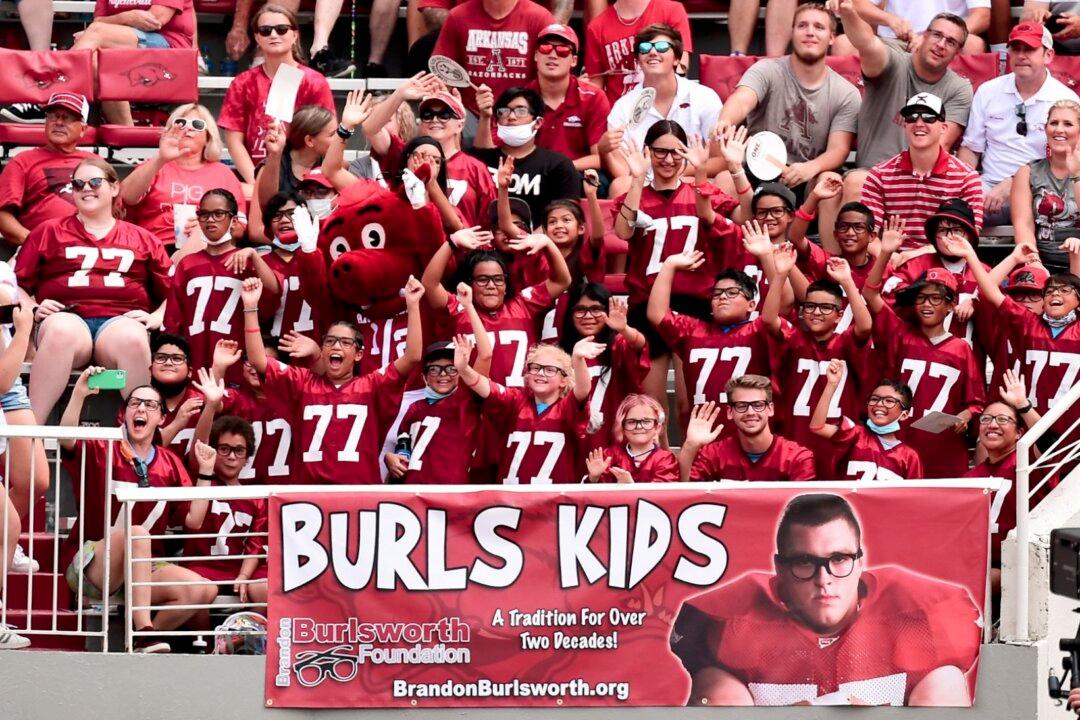In 1994, a shy, flabby teen donning big, thick, black glasses and an unprecedented wholesome disposition walked onto the field of the University of Arkansas Razorbacks, and changed the way walk-ons would be viewed forever in America’s all time favorite sport.
“Brandon, I think, was born to inspire in a different way than most,” said Marty Burlsworth about his little brother.





